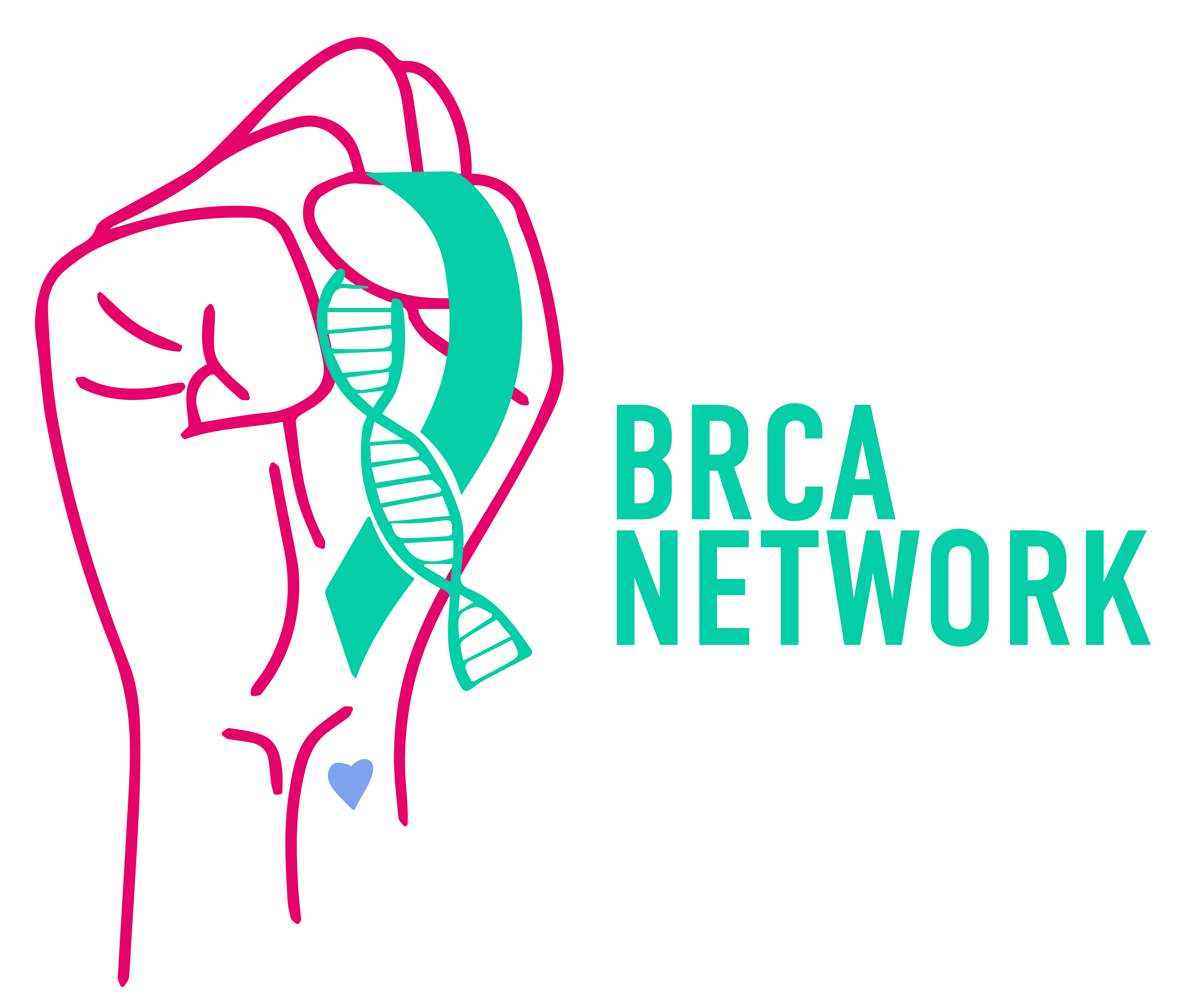Risk management
If you have a genetic predisposition to certain cancers or if you have a very high risk of cancer without identified alteration (determined during the oncogenetics consultation), you can benefit from a specific monitoring programme. The Belgian Society of Human Genetics has developed screening and prevention guidelines for mutated people, which are different from guidelines for people at average risk of cancer. The guidelines are updated regularly based on new research findings.
The medical approaches available for high-risk people to manage their risk include various options. You can choose to undergo intensive radiological cancer screening through ultrasound, MRI and/or mammography. Screening does not reduce the risk of cancer, but allows it to be detected at an early stage and therefore more treatable. Please keep in mind that this is valid for the breast, but not for the ovaries, as ovarian cancer at an early stage cannot currently be detected through radiological screening.
You may also choose to have risk-reducing surgery to remove breast tissue, ovaries and tubes before cancer can develop. This is referred to as ‘prophylactic’, ‘preventive’ or ‘risk-reducing’ surgery. Although surgery has much more significant psychological and physical effects than radiological screening, it allows you to drastically reduce the risk of developing the disease over a lifetime.
The choice remains personal. Everyone has to decide which option is best for them. Your medical team can help you make this decision by ensuring you have accurate information and directing you to speak with the appropriate specialists and with peer support groups who can share their experiences with you.
By clicking on the icons below, you will access the Belgian recommendations on radiological screening and risk-reducing surgery. Recommendations differ based on several factors, including:
- gene mutation and risk for different types of cancer
- age
- gender
- overall health
- availability of effective screening or prevention options for different types of cancer
- your personal preferences.
Please keep in mind that these are general recommendations and that a personalised cancer risk management programme should be developed together with your doctors!


We can support you in various ways:
- Contact us via our helpline
- Join our online community group
- Contact one of our buddies
- Read the testimonials




 BRCA+ Network asbl
BRCA+ Network asbl